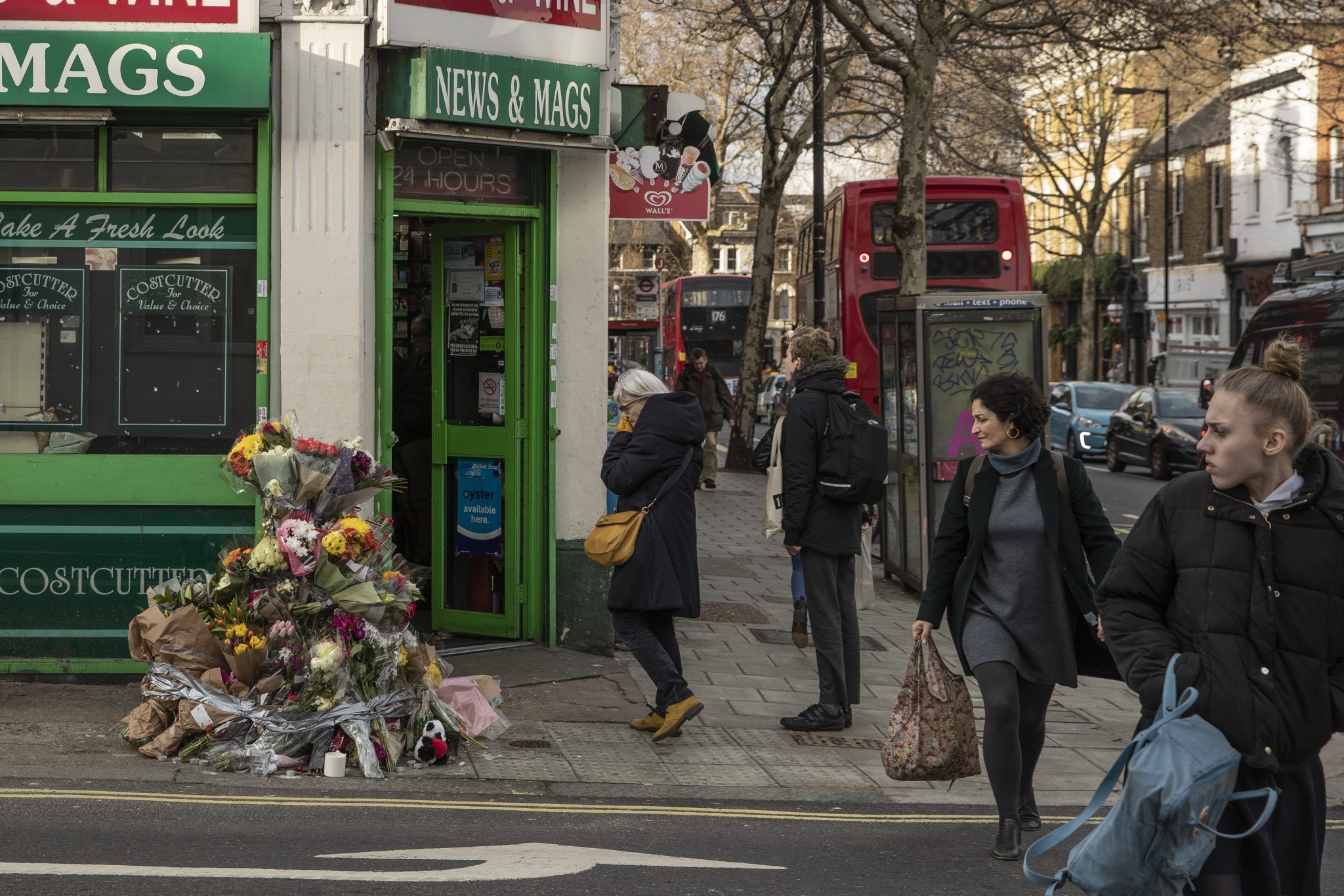

Share
11th April 2019
02:49pm BST

Too many young lives are being needlessly destroyed. Too much blood is being spilled. Teens across the country are being stabbed – with seven murdered in London alone already this year.
While the motives behind each attack are varied and complex, many young people say they carry knives to protect themselves. It’s never right to carry a weapon and we have a duty, as a society, to break down this misguided mind set.
We must also accept those who pick up these dreadful weapons in the first place may also be lost.
"The pain does not end when you are gone. For those you leave behind, it begins."
But we cannot get away from the fact that young men in towns and cities across the country, many the age of JOE readers, seem to be increasingly more likely to take a knife with them when they leave home.
People just like you or people you know.
And I speak directly to them when I say this:
There is another way. There is help. There is a life without violence.
Part of the problem is the more young people see and hear about people carrying knives, the more may think they need to protect themselves by carrying a weapon too.
If you are standing at your front door, contemplating putting a knife in your pocket, know this: You are far more likely to be stabbed with your own blade than you are to use it in self-defence.
And if you are stabbed, there is a high chance you will not survive.
The pain does not end when you are gone. For those you leave behind, it begins.
[caption id="attachment_227221" align="alignnone" width="2048"] The location of a fatal stabbing in East Dulwich (Credit: Dan Kitwood)[/caption]
The location of a fatal stabbing in East Dulwich (Credit: Dan Kitwood)[/caption]
I understand there are many young people facing tough life challenges. There might be violence in your family or trouble at home. Exclusion from school may also be a risk factor. Drugs are a huge problem.
We will help those drifting dangerously into the knife crime abyss.
But we will also protect the innocent.
This week we’ve launched our refreshed #knifefree campaign.
It shows real life stories of how young people have taken steps to leave the dark world of weapons behind them and no longer feel the need to carry a blade.
These will be shown in cinemas during the Easter holidays and shared on social media. You will notice our campaign posters around key cities and hear anti-knife messaging on digital platforms, including radio.
One of three young people featured in videos from the campaign is Sean, who found his way out through boxing. For Cameron - whose best friend was repeatedly stabbed - it was the realisation of the pain his mother would feel if he was killed in the street. Meghan found a path away from violence through performing arts.
These are inspirational stories that prove there is a choice.
As well as communicating with young people it’s also important we give them practical support they need – and the police the tools they need to tackle this scourge.
That’s why we are providing £220 million to support children and young people to prevent them from being drawn into violent crime in the first place.
I’ve also increased stop and search powers to back up officers on the front line.
I have done this to save lives and give our police the confidence to act if they suspect serious violence may occur.
In addition, last month I announced a £100 million fund to support police forces in tackling knife crime in the worst affected areas in England and Wales.
"Accept the help on offer, or prepare for the consequences."
At the serious youth violence summit last week I also unveiled a consultation on a new public health approach.
We will use a cross-agency attack plan, bringing together every part of our society to treat serious violence as a disease that needs wiping out.
That means police, local authorities, health, education, housing, probation, social services, youth and victim support working together to intercept people before they offend, punish those who do and support victims.
Every young person has the right to feel safe in their own home and walk down the street without fear in their communities.
It is simply staggering that in some of our great, diverse and vibrant cities people are on high alert for the next incident of bloody violence.
To those who drive the fear into the hearts of the innocent. Accept the help on offer, or prepare for the consequences.
There is no single solution. But by coming together as a united force, by knowing that we each have a choice and the power to make or break our future, we have the means, and the will, to win this fight.
Explore more on these topics:

Comment Archives - JOE.co.uk
comment